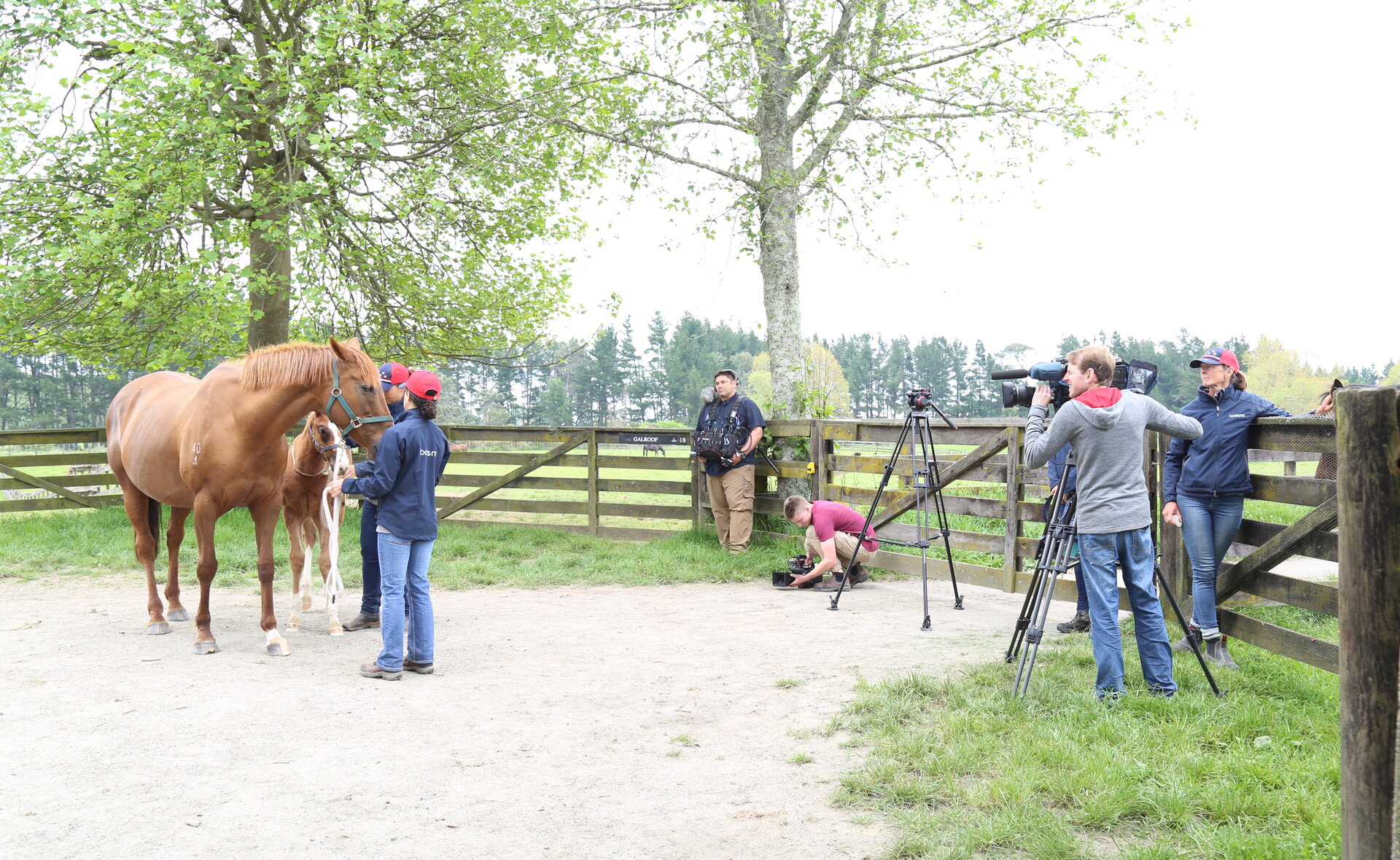We are collaborating with KU Leuven University to measure the emotional states and interaction of mares and foals during training. Deborah Piette, PhD student, of the M3-BIORES research study team at KU Leuven, has developed new algorithms for wearable technology to monitor horses’ stress levels while under saddle in a reliable and objective way.
Her group of researchers use a wearable device around the horse’s barrel like a heart monitor to register critical information about the horse’s heart rate. The new device connects via Bluetooth technology to a computer system with algorithms that are able to separate ‘stress’ response from ‘activity’ response.
The presented methodology is based on the principle that a horse’s heart rate is dividable into three parts: basic metabolism, physical activity, and mental state (also interpreted as stress). The algorithm works on the assumption that basic metabolism will remain fairly constant during a single training session. With this in mind, the research team’s goal is to separate and differentiate between activity-related heart rate and that which is related to mental state or stress.
Using real-time adaptive algorithms that measure a horse’s physical activity, coupled with a calculation of how this activity naturally affects heart rate, they can determine how heart rate changes in real time as a result of the effects of mental state and stress alone. Their method provides a reliable, automated, and objective way to evaluate the mental state of a horse.
We have adapted these methods and collected data from a heart rate monitor and accelerometer placed on both the mare and the foal. We have data on 15 foals that completed between six to nine sessions with us.


